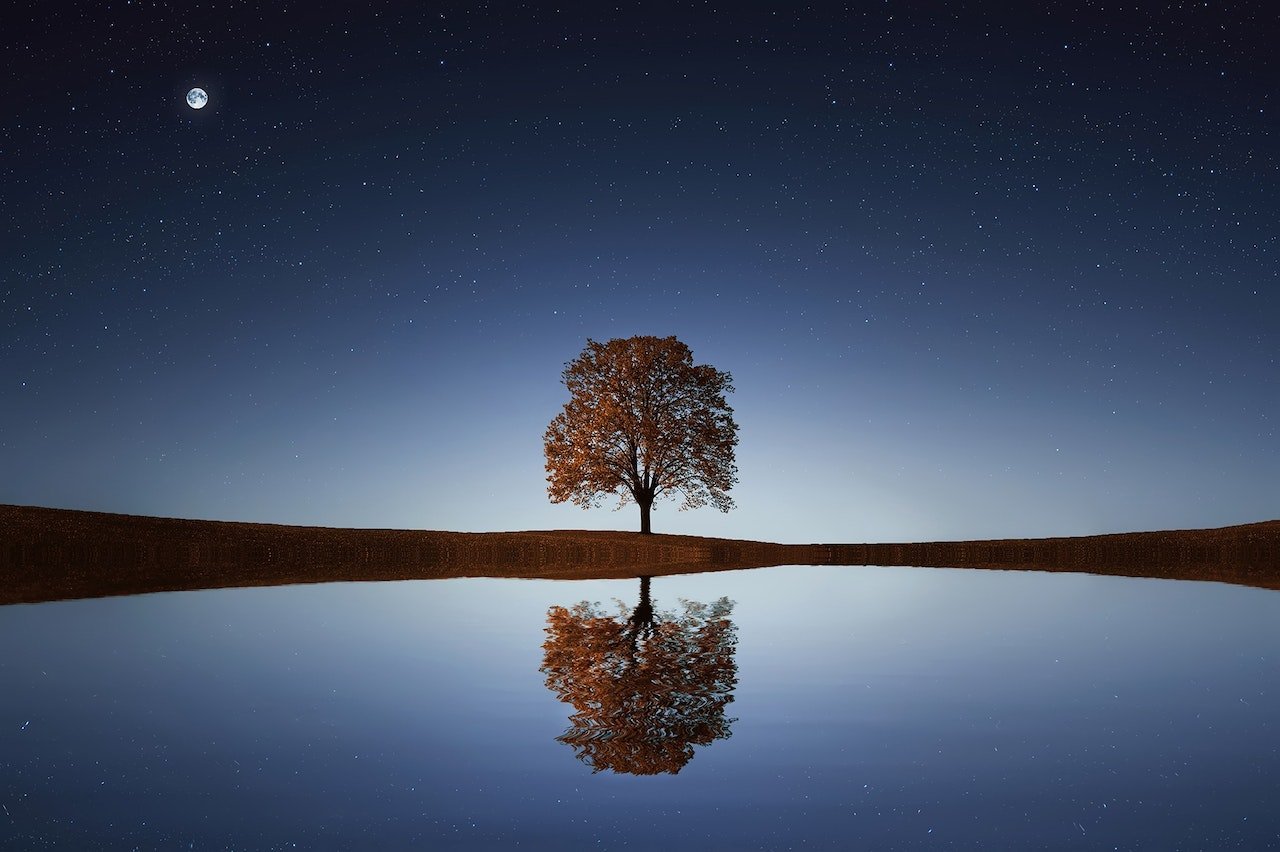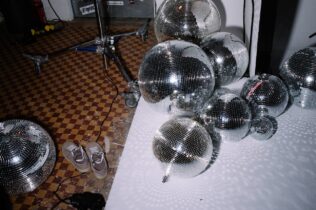
Photo by Pixabay.
Technically, we never stopped setting a word of the year. But we did stop talking about them. To be fair, no one could have known that our word for 2020 would turn out to be such a poor choice.
In the years that followed, we’ve tried to be more thoughtful about how we pick the word. And tried to stay hush, lest we accidentally trigger another disaster.
At the very end of 2022, it feels safe to share this year’s word. By the time you read this, there will only be three days remaining. What could possibly go wrong?
This year, our word was SPACE.
Space to do our best work. To build new programs. To write this newsletter. Space after multiple years of sometimes in-person, sometimes zoom-enabled schooling for the kids. Space to complete a sentence or a thought in a way that 2021 had made impossible.
And space, not just in the capacity sense of the word. But also in the physical sense of the word. Space to reconnect with our office and reclaim the parts that had been turned into a temporary virtual school. Space to host actual humans in actual real life.
For the two of us and for our team, 2022 was a deep read on the word space. And a year spent in pursuit via experimentation, exploration, and conversation. There were even interplanetary keychains.
Midway through the year, the JWST started sending images. Our team slack was full of space jokes. And every dazzling new shot felt like affirmation that we were on the right track.
We are now about 360 days into this journey. This year-long pursuit of space. And so. While we’re here, in the quiet bits at the end of a year of making and holding space. We wanted to leave you with three things we have learned and re-learned about how it works, in case it’s a thing you want more of in 2023.
1. Space requires effort.
It’s tempting to imagine that once you get your calendar cleared up, cancel the things you don’t need, move some meetings to emails, that space will just… exist. In our experience, space doesn’t just exist, you have to fight for it. It takes active work to create it initially, but it also takes constant, active work to defend it.
Every time you create an open block of space, you’ll realize the opportunity it represents to get some long-deferred thing done. Checking that thing off the list feels productive, more productive than just having an empty calendar block. And so sometimes you’ll let it fill the space back in. And then you’ll get to the end of the day, or week, or month, and realize that you didn’t actually create the space you needed.
We got better at this, but only by taking it seriously. We put actual calendar blocks in, deferred other work, said no to commitments that we knew would derail us. Even still, other things crept in around the edges, but overall we got more of it as the year progressed. Which is good, because:
2. You need more of it than you think you do.
Writing this newsletter for the last five years, we’ve developed an understanding of our own process. We know how much we can get done in a Monday morning without distractions. And so we had ideas about how much other stuff we could get done with an hour, or two, or eight, of protected time. Space doesn’t work like that.
See the thing is, our newsletter has a system. A task we’re trying to solve, and a series of well-worn checkpoints and handoffs. A definition of done. (Ish.) But space doesn’t have those things. Space, for us, is the room to figure out what we haven’t been attending to, and you can’t rush it. It didn’t have a system, because it was for the undefined stuff.
We needed to have conversations about what we wanted to use the space for. And wonder whether we were using it correctly. We needed to just sit and stare at the walls. And make lists. And slowly we started to figure it out how to pull those background things into the foreground. Like trying to feel your own heartbeat — it starts off barely perceptible. But, if you keep at it, it eventually becomes so clear, you wonder how you ever failed to notice it. And the next time you try, you get there a little faster.
Which is exciting, because…
3. However good you imagine space would be, it’s better.
We don’t want to sound over-mystical here. But when your brain learns that there are blocks of time when it can reliably expand and take on bigger things, it’s astonishing what happens. We experience it less as transcendental meditation, and more as seeing the matrix.
Complex problems that we’d been poking at for months get untangled in an hour. We get to clarity about the things we need to do, and clarity about the things we should say no to. Even though, on paper, it had been hard for us to tell those two apart.
We still stumble, plenty. Even with that precious time on the calendar, we still mess around with our coffee. Check various dashboards. There are still chips. But we’re sitting here in the last days of 2022, and feeling reflective. And what’s clear to us is how much of what we’re plotting for the coming year wouldn’t have happened without space.
What would you do if you could have that clarity about your work, or your goals, or where you spend your time in 2023? What would it be worth de-prioritizing? We know that protecting your time comes with some social cost. Even with calendrical mutual aid, some people don’t like being rescheduled. We get that it might be difficult. It was difficult for us, too. Our put to you isn’t that it’s easy, our put to you is that it’s worth it.
PS – We haven’t decided on a word of the year for 2023 yet. If you’re someone who plays this game, too, we’d love to know what yours is.
– Melissa and Johnathan






